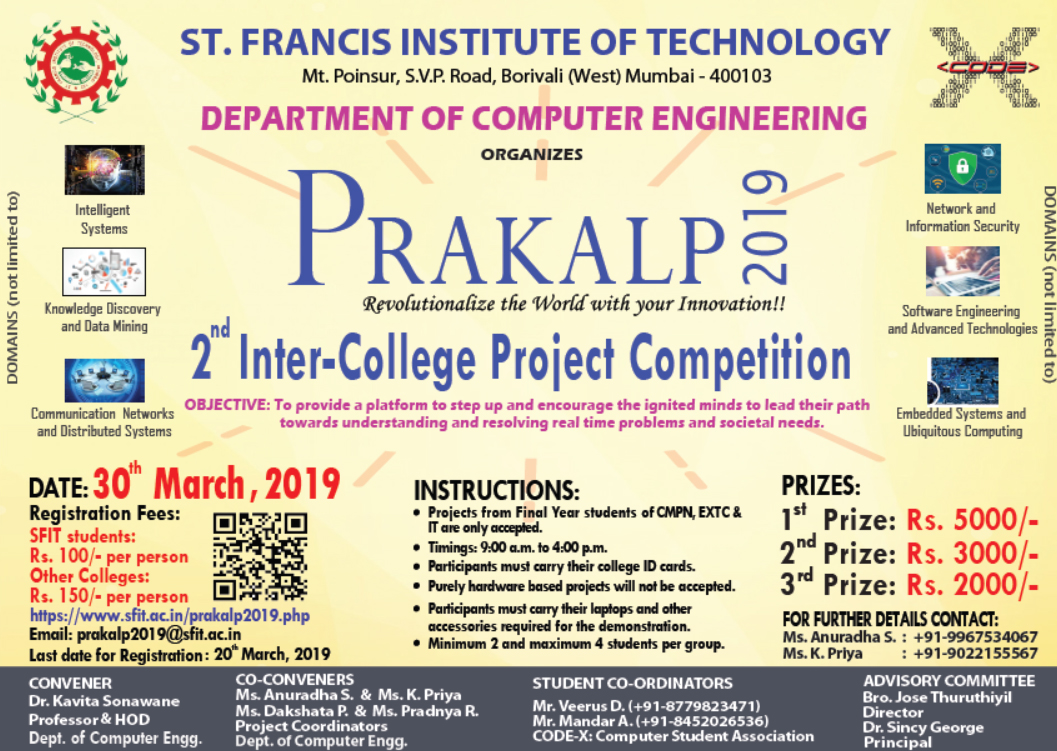REGULAR FINAL EXAMINATIONS OF MOST SELF-FINANCED COURSES WILL NOW BEGIN ON MAY 2
MUMBAI: The University of Mumbai (MU) has rescheduled 76 semester examinations, including final BCom tests and most self-financed commerce courses, and few papers of 27 examinations, to avoid a clash with next month’s Lok Sabha elections.
The 76 examinations, which include sixth-semester exams of BMS, BCom (Accounting and Finance) and BCom (Banking and Insurance), have been entirely pushed ahead by a few days.
Some papers of the other 27 examinations, including sixth-semester BCom examinations, will be held on different dates, which are yet to be announced.
“The university has tried to make minimal changes,” said Vinod Patil, director, examination and evaluation board.
The four phases of general elections on April 11, 18 and 23 and 29 are set to overlap with MU’s examination schedule.
With the colleges doubling up as the examination and polling centres, and teachers assigned various election duties, the university has decided to move all the major papers being held on the polling days as well as the days preceding and following them.
The regular final examinations of most of the self-financed courses, which were to start on April 22, will now begin on May 2.
“The university should have ensured that all the examinations end on April 30 — the last day of the term. The teachers will now have to be requested to work during summer vacations. The academic calendar won’t be affected if the date of commencement of the next term is not extended beyond June 11,” said Asgar Lakdawala, principal, Royal College, Bhayander.
However, Gopal Kalkolti, principal, MV Mandali’s College, Andheri, said, “The revised schedule may delay results and admissions to post-graduation courses to some extent.”
Source: Hindustan Times (Mumbai edition) e paper dated 20 March, 2019




